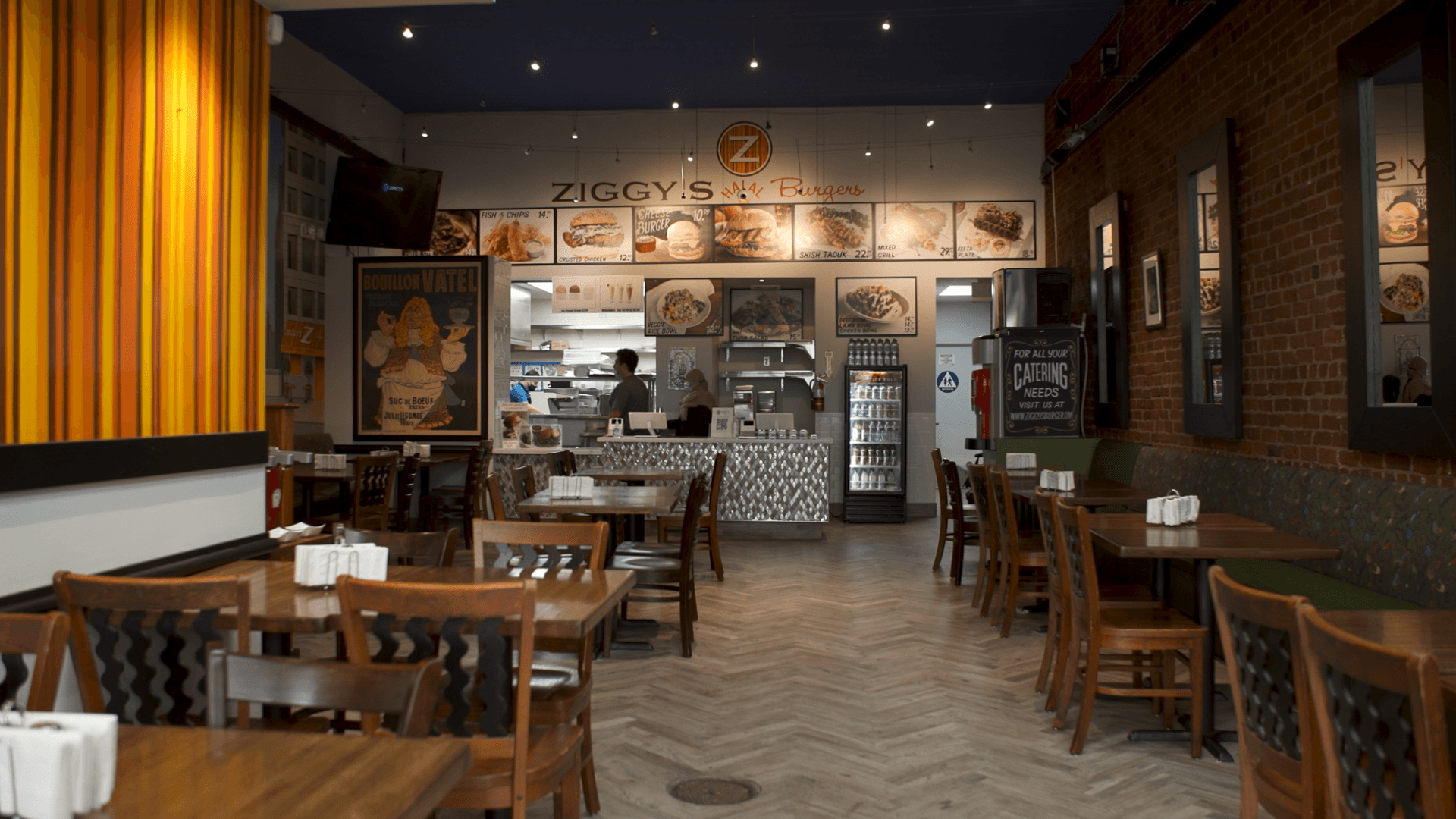Mayor London Breed and more than two dozen other big city mayors signed a letter from the Independent Restaurant Coalition urging congressional leaders to help revive a critical lifeline for struggling restaurants.
Launched in May, the $28.6 billion Restaurant Revitalization Fund provided grants of up to $10 million to qualifying businesses. But the enormous demand for the program depleted these funds within three weeks after money was doled out to some 101,000 businesses, leaving around 177,000 applicants in the lurch.
Although the fund was supposed to prioritize underserved groups like businesses owned by women and racial minorities, a legal challenge from opponents to the rule meant thousands of these applicants had their grants rescinded.
The Independent Restaurant Coalition found that 86% of independent restaurants and bars that didn’t receive grants during the first run of relief are at permanent risk of closure, according to the letter. The coalition notes that more than 90,000 restaurants have closed and the industry has lost over $280 billion during the pandemic.
Political momentum for replenishing the fund waned as the national economic situation improved with a decline in Covid-19 cases. However, the surge in cases, staff shortages and closures due to the Omicron variant have underscored the need for additional aid. The letter also cites cost increases in core ingredients like beef, grain and cooking oil as an additional challenge for restaurants.
Laurie Thomas, the executive director of the Golden Gate Restaurant Association and a member of the Independent Restaurant Coalition, said she’s convinced of the need for replenishing the fund.
“It’s critical,” Thomas said. “Especially with Omicron and the dismal way [Quarter 1] is shaping up for so many restaurants, particularly those located downtown.”
A number of efforts from federal lawmakers to replenish the fund have stalled, but senators Ben Cardin, D-Maryland, and Roger Wicker, R-Mississippi, are reportedly working on another relief package that revives their previous effort to put additional money into the Restaurant Revitalization Fund.
“The restaurant money is a fairness issue. Some restaurants got it and others did not,” Cardin told Bloomberg. “We started with restaurants but we are prepared to expand it if there is sufficient support.”
With the expiration of the Restaurant Revitalization Fund, and the Small Business Administration’s Paycheck Protection and Economic Injury Disaster Loan programs, local relief funds have attempted to make up some of the gap, but demand remains enormous.
Case in point, in December a $2 million pilot program spearheaded by San Francisco Supervisor Ahsha Safai aimed to provide grants up to $35,000 for qualifying businesses to cover commercial back rent.
But with San Francisco commercial tenants estimated to owe up to $600 million in overdue rent, simple math shows more assistance will likely be necessary to keep local businesses on stable footing.
David Nayfeld, the chef-owner of Che Fico in the NoPa neighborhood and a board member of the Independent Restaurant Coalition, called the need for replenishing the fund a “life or death” issue for the industry.
“We were adamant that we needed $120 billion, they gave us $28.5 billion and we knew the entire time that it wasn’t going to be enough. But the messaging was this was going to be a down payment,” Nayfeld said. “Well in the meantime, many more restaurants have closed, and many more will continue to close.”
Nayfeld said the need for the fund has been made more acute by “across the board” price increases and the costs shouldered by businesses to keep their employees safe from pandemic. Last month alone he spent more than $5,000 on Covid tests for his employees.
Nayfeld pointed to the broad bipartisan support that the restaurant aid bill has received previously as proof of the political will behind the effort. He added that he’s unsatisfied with the work that the Biden Administration has done in making small businesses a priority in the economic recovery.
“A lot of us are making the decision right now, is it worth it to keep going?” Nayfeld said. “If we don’t get what we need from the fund, you’re going to see tens of thousands, if not hundreds of thousands of restaurants go dark permanently and that means millions of jobs.”
